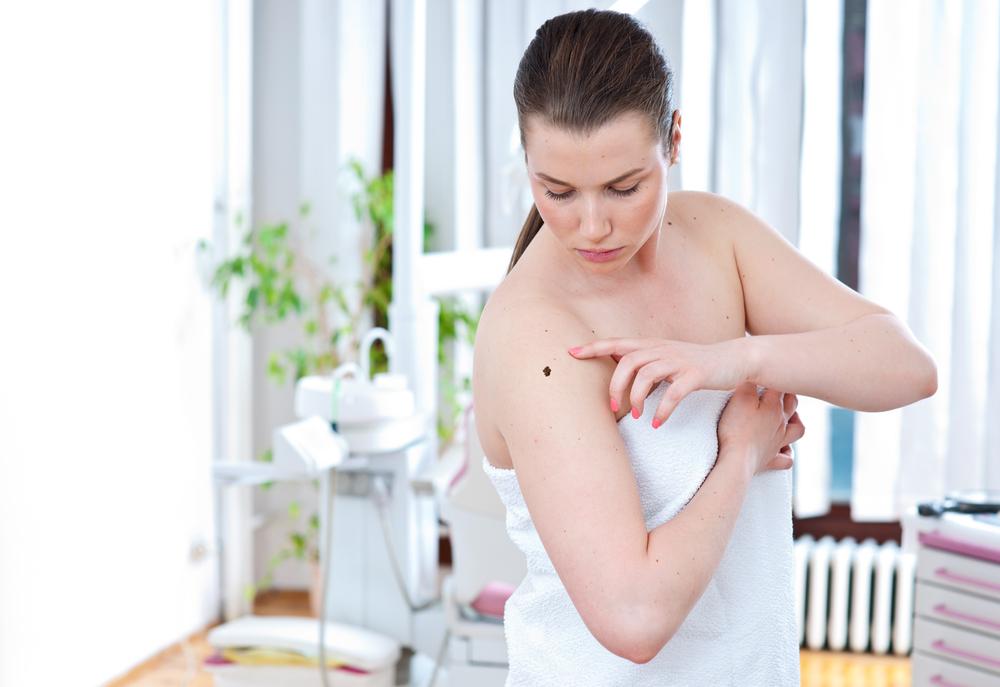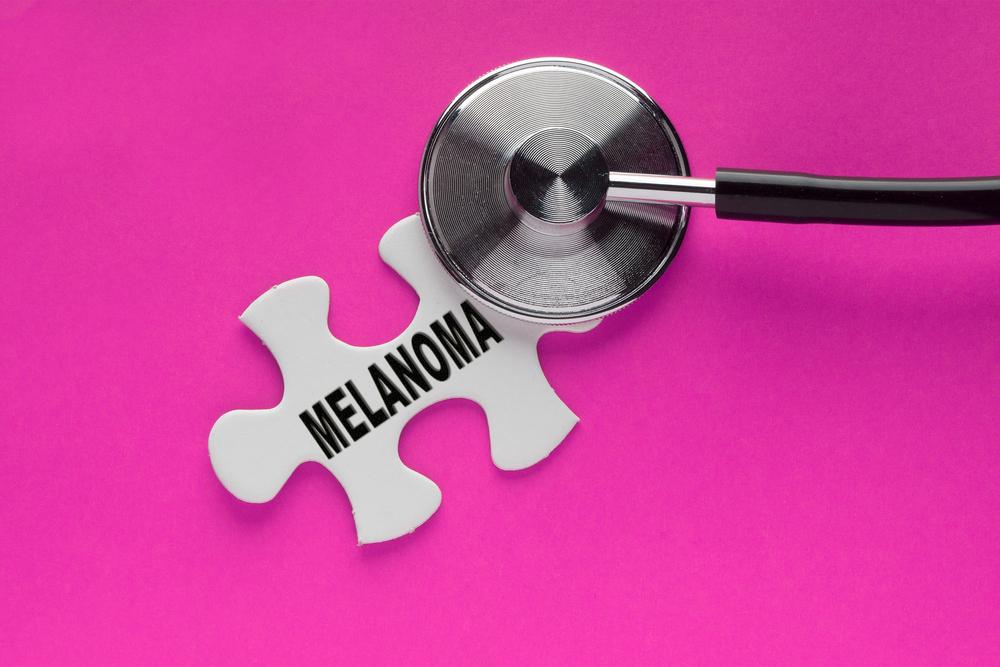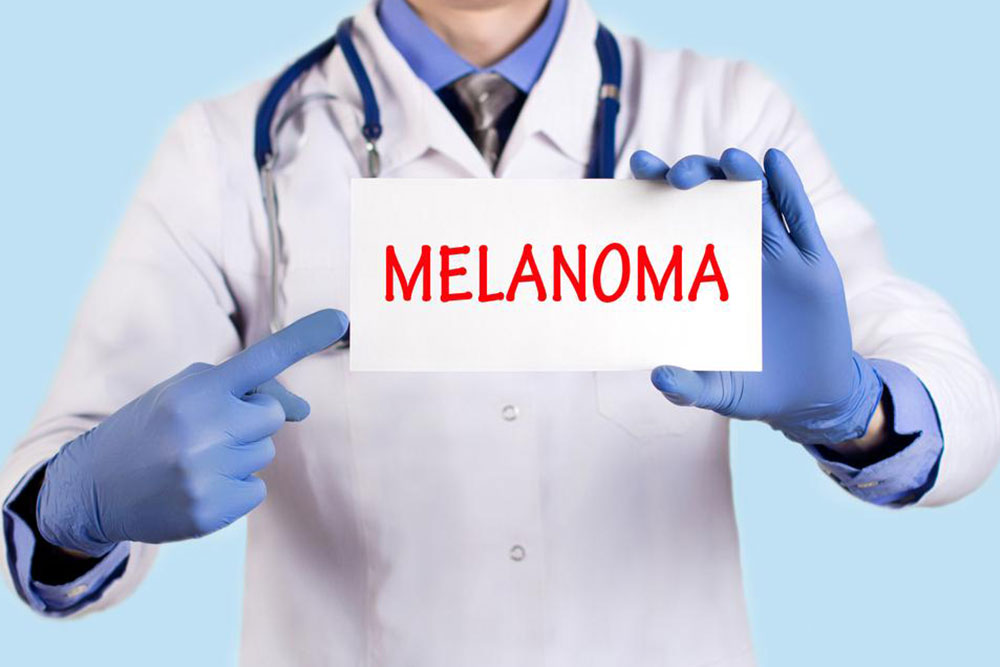Boost Melanoma Defense with a High-Fiber Diet
Discover how a high-fiber diet can strengthen your body’s defenses against melanoma. Learn about the types of melanoma, dietary strategies to boost immune response, and treatment options. Incorporating fiber-rich foods and maintaining a healthy lifestyle can play a vital role in prevention and recovery from this serious skin cancer.

Boost Melanoma Defense with a High-Fiber Diet
Melanoma, a serious form of skin cancer, originates from melanocytes, the cells responsible for pigment production. Uncontrolled growth of these cells leads to this aggressive cancer, often identifiable by changes or new growths on existing moles. Recognizing the different types of melanoma is crucial for early detection and treatment.
Types of Melanoma
Superficial Spreading Melanoma
Nodular Melanoma
Lentigo Maligna Melanoma
Acral Lentiginous Melanoma
Role of a High-Fiber Diet
Consuming a diet rich in fiber can enhance your body's response during melanoma treatment. Recent studies indicate that fiber intake promotes beneficial gut bacteria, known as the microbiome. A diverse microbiome has been linked to improved outcomes in immunotherapy, especially when started early. Incorporating fiber-rich foods into your routine may significantly boost your immune system's ability to combat melanoma.
Maintaining a healthy weight is essential for cancer prevention, as obesity increases risk. Foods high in fiber and antioxidants—like dairy, eggs, leafy greens, fish, and yellow or orange fruits—are effective in reducing melanoma risk by up to 20%. Adequate vitamin D levels are also critical, as they are associated with lower cancer risk.
Proper diet control plays a vital role in recovery and prevention. Discuss your diet with your healthcare provider to optimize your treatment plan and reduce risks. For melanoma, treatments include medication, radiation, chemotherapy, and in rare cases, surgery, depending on the stage and type.
Although melanoma accounts for only 1% of skin cancers, it causes the highest mortality. Implementing dietary strategies, including a high-fiber diet, can support immune function and enhance treatment efficacy.










